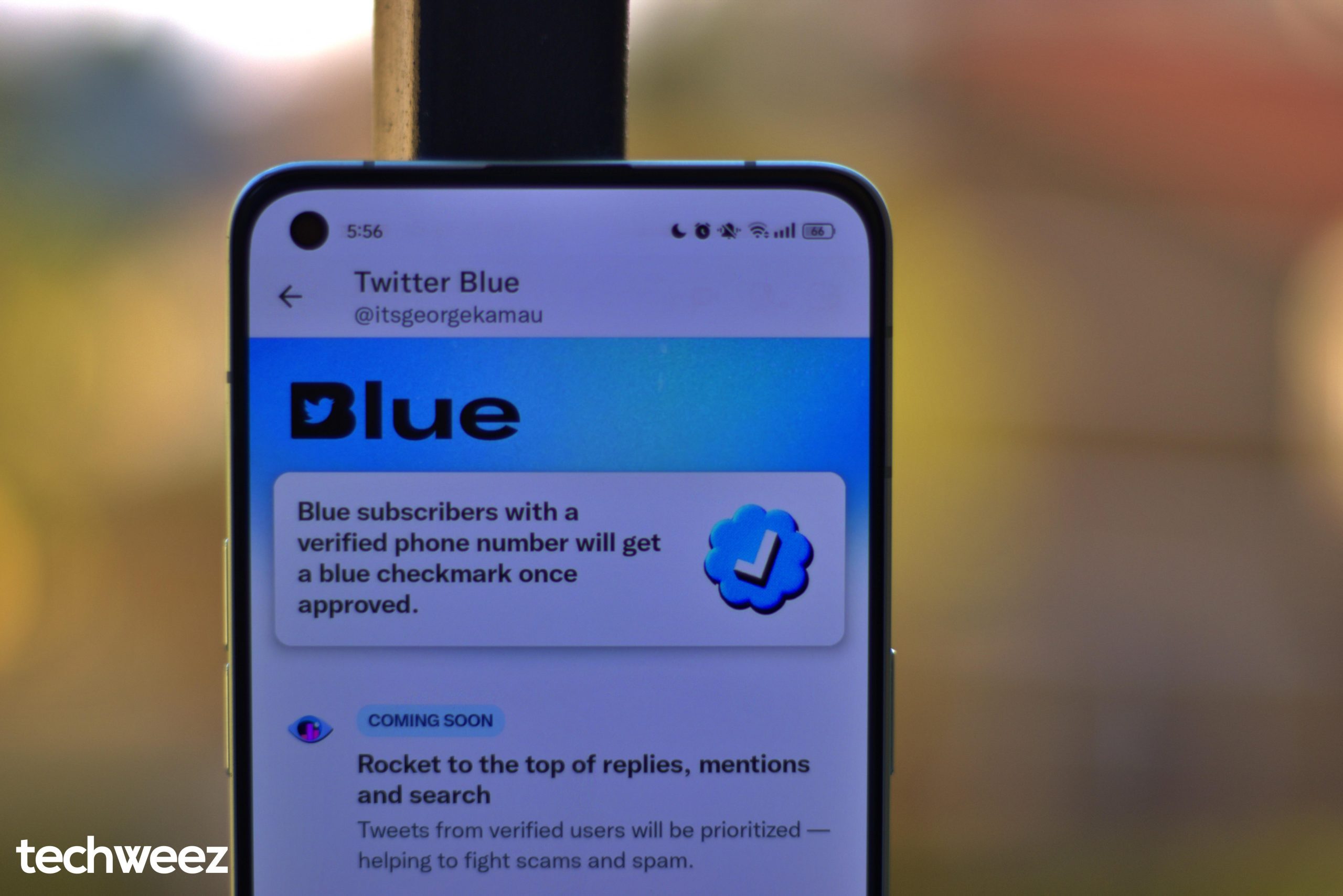
In the 2nd decade of the 21st century, it’s hard to believe that we are living in a perpetual state of war. Not a conventional war but the war on terror. The first time I checked up the word terror in the dictionary, I thought the dictionary had a problem. Terror means fear. I mean as a ten year old, I wondered how there could be a war on fear. Growing up and in fact more recently it’s when I am coming to terms to the uniqueness on the war on terror.
Unless you have been living under a rock you must be aware of the numerous terror attacks in various parts of the world. Garissa University, Westgate mall to Paris in France, every day in Syria and Iran and most recently San Bernardino shootings in California. Also, there were a couple of Al Shabaab attacks during the Christmas period.
So much can be said on terrorism but for this article, the aim is to interrogate the role technology plays in aiding the terrorists achieve their sinister motives and the other subtle issue of privacy that arises from this. One crucial thing you will notice is that it appears (or is actually the case?) that the terrorists are one step ahead of the authorities. Something that is not in doubt is that the terrorists have embraced technology. There are several aspects of tech which are involved in terror and in the war on terror but here I will focus more on social media or instant messaging (IM).
One significant facet of terrorism is recruitment, spreading propaganda and planning of the terror attacks. These activities require communication and inevitably so, social media/IM plays a huge role. A good example to consider is one app called Telegram. Telegram is an Instant messaging app service. In fact, it works a lot like WhatsApp and it’s a very popular app even here in Kenya, and is available in most platforms. It is a cloud-based instant messaging platform. I use the app, though not frequently, and it looks a lot like WhatsApp. Too similar in layout and functionality in fact.
However telegram’s strong point is its privacy and security features. It’s said to be one of the most secure instant messaging app. Telegram even offered 200,000 dollars to anyone who can hack it in some annual contest. Security and privacy have become extremely crucial after Edward Snowden revealed illegal surveillance by the United States government on its citizens. This makes encrypted apps very attractive as it assures you of privacy.
The encryption on this app is end to end. It also has a self-destruct feature where messages self-destruct after being viewed by the user, much like Snapchat. While the intention behind its security features is very noble, it becomes a very attractive tool for terrorists as they can communicate over a secured and practically a unhackable platform. For some services for example Apple’s iCloud not even the service provider can decipher the encryption. Governments and their spy agencies have noted this issue with great concern. And they have voiced this concern.
The truth of the matter is Isis have been using this platform to send secret messages through the app’s channels. It was reported that ISIS declared that ‘Paris was first of the storm’ in addition to claiming responsibility to the bombing of a Russian airliner from Egypt. Telegram had acknowledged that its platform could be used by terrorists but they said, either way, the privacy of users is paramount. Telegram’s CEO was quoted to say ‘……our right for privacy is more important than our fear of bad things happening, like terrorism’. Something to note is that after the Paris attacks Telegram began shutting all channels used by ISIS. I am yet to understand why Telegram only began to shut these channels after Paris. A racism angle here?? I really cannot tell.
A number of issues arise from all this.
- Terrorism is a huge problem and one thing is clear, the terrorists are on step ahead of the authorities.
- A terrorist is not a different brand of person, it could be anyone living among us, within us. This includes sympathizers of terrorist activities.
- The terrorists have embraced technology as a means of spreading terror.
- The government and the authorities have to take action to protect citizens. One of the devices employed by government is surveillance and spying on the citizenry.
- This method conflicts the right to privacy which for example in Kenya is provided for in our constitution.
- Question is whether the right to privacy absolute?
Number 3-6 are quite important. How far can the government go to protect it citizens? Does this mean it can infringe the right to privacy through means such as surveillance?? Again, do the citizens have to insist on absolute privacy if in the end other people (read terrorists) take advantage of this and commit acts of terror??
Telegram’s CEO comment which I highlighted above was a bit pedestrian in my opinion. It’s true that the right to privacy is very critical because the danger of fascist or dictatorial kind of governments coming to power is very real. The right to privacy particularly came up after the world war two because of the damage caused by the fascist and Nazi governments on their citizens and the Jews. Kenya in the 1980’s was crazy with government ‘surveillance’ and spying. But on the other side, the danger we face right now is against terrorists. These are people who are prepared to lose their lives for the sake of their beliefs. What are you prepared to lose in order to help the government fight these nutcases?? Your right to privacy??
One concern that arises in the Kenyan scenario. Is the problem the lack of surveillance or the police officer who lets in a potential terrorist for a bribe? The question of corruption and its contribution to terrorism in Kenya cannot be ignored. But for the purposes for this article, I will not delve much into that aspect.
Anyway, this is a huge concern for most countries in the world right now. All said and done, are you pro-surveillance or for absolute privacy?
















